

 To promote gender equality in the Artisanal and Small-Scale Gold Mining (ASGM) sector, the Environmental Protection Authority (EPA), under the planetGOLD Project, has initiated a comprehensive review of gender responsiveness in the ASGM policies, regulations, and operations.
To promote gender equality in the Artisanal and Small-Scale Gold Mining (ASGM) sector, the Environmental Protection Authority (EPA), under the planetGOLD Project, has initiated a comprehensive review of gender responsiveness in the ASGM policies, regulations, and operations.
The initiative forms part of a broader commitment to integrate gender mainstreaming into Ghana’s mining value-chain.
Field teams embarked on a series of community engagements in the Eastern Region to collect first-hand data.
Using structured questionnaires, the team visited four key mining communities, Dome, Hemang, Jampomgmane, and Dwenase, to interact with women mining groups and assess the challenges they face.
Mrs Jewel Kudjawu, the Gender Officer, EPA, who led the team, told the Ghana News Agency that in all four communities, women’s groups actively participated in gold processing and other small-scale mining activities.
She said the findings revealed that those groups, made up mostly of women aged 18 to 45 with low levels of formal education, were formed to support income generation and community development.
Mrs Kudjawu said the data also revealed that across the communities, a common business model emerged: members access capital through loans from sponsors, who in turn bought the processed gold.
“Most groups reported no formal dues system or financial training, and profits are shared among members after purchasing and processing ore bought from concession owners.”
Despite their economic contribution, the women faced numerous systemic barriers but expressed a strong desire to climb the mining value chain.
“Many aspired to own mining concessions, while others were eager to receive training in operating excavators and heavy-duty trucks, skills traditionally dominated by men in the industry,” she said.
On financial inclusion, Mrs Kudjawu said financial inclusion remained low as few women maintained bank accounts, and none had accessed formal bank loans.
“Instead, most rely on informal savings systems, which often result in loss of savings.”
Mrs Kudjawu said the data also revealed that the women had limited access to formal finance, impeding their ability to expand operations.
“Some other challenges include insecurity and harassment by regulatory authorities, harmful cultural taboos and bans on bringing children to mining sites and prohibitions on certain foods and clothing believed to interfere with mining success.,” she added.
The team also engaged stakeholders, revealing various gabs in Institutional Support.
“The EPA’s engagements reveal a clear picture: women are actively participating in Ghana’s ASGM sector, but face significant financial, cultural, and operational barriers,” the team lead said.
She stressed the importance for women to be supported to advance in the mining value chain through training and access to concessions.
“Financial literacy programmes must be introduced, and women should be encouraged to open business bank accounts.”
The team advised mining companies and regulatory bodies to adopt and implement gender-responsive policies, while addressing cultural beliefs and taboos that limit women’s participation in mining through community sensitization and dialogue.
Mrs Kudjawu reiterated the EPA’s commitment to ensuring inclusive, equitable, and sustainable development within Ghana’s artisanal and small-scale mining sector.
Source: GNA
The post EPA reviews gender responsiveness in artisanal, small-scale gold sector appeared first on Ghana Business News.
Read Full Story
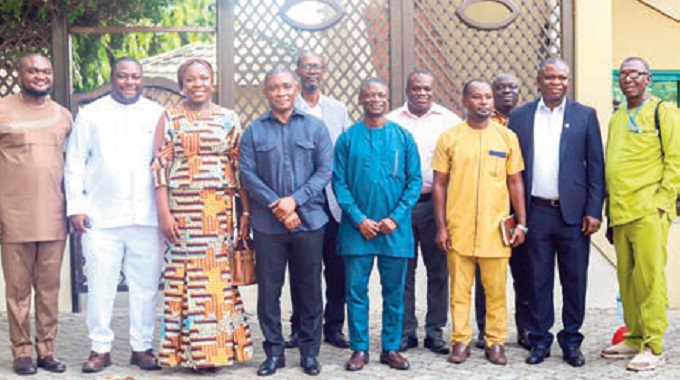

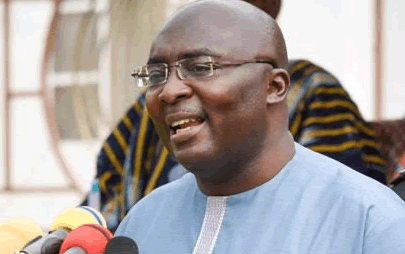
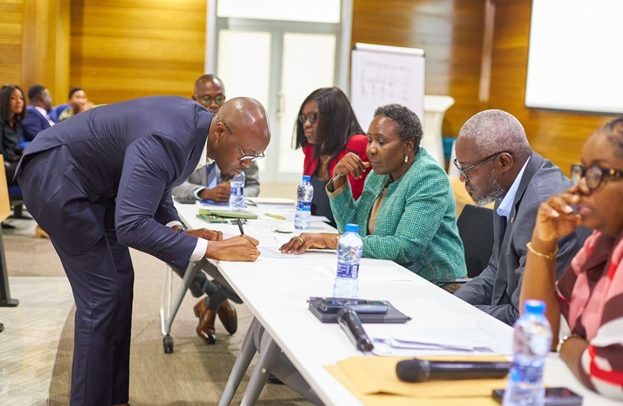

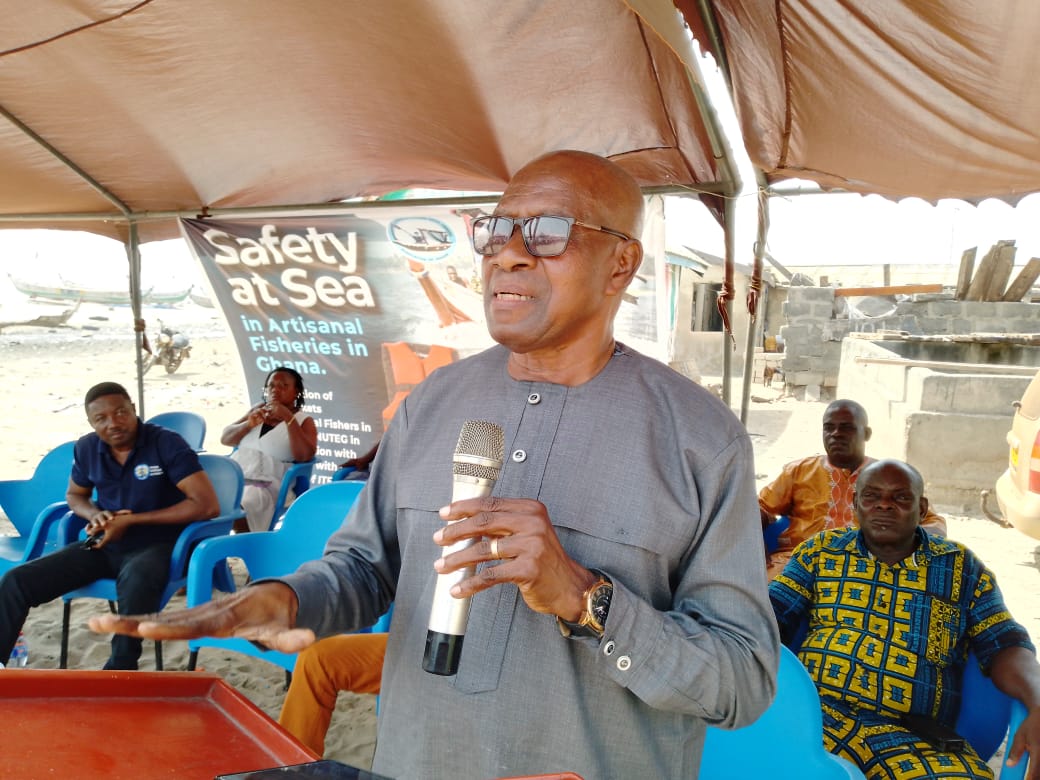

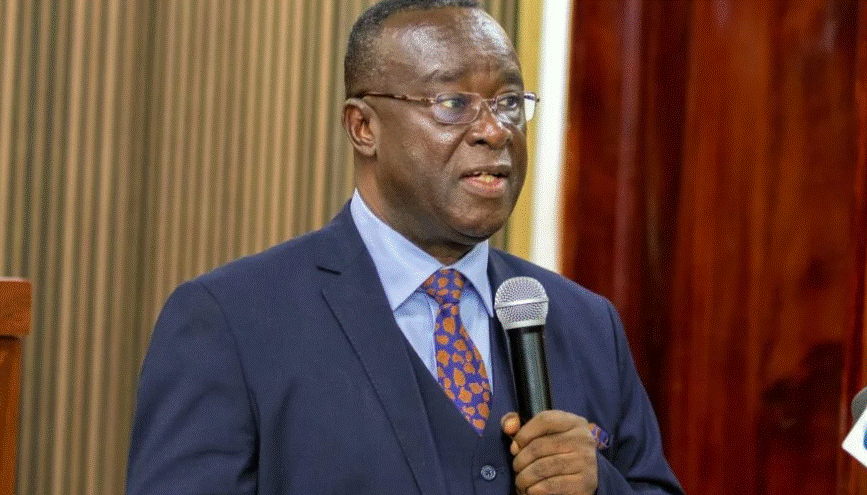

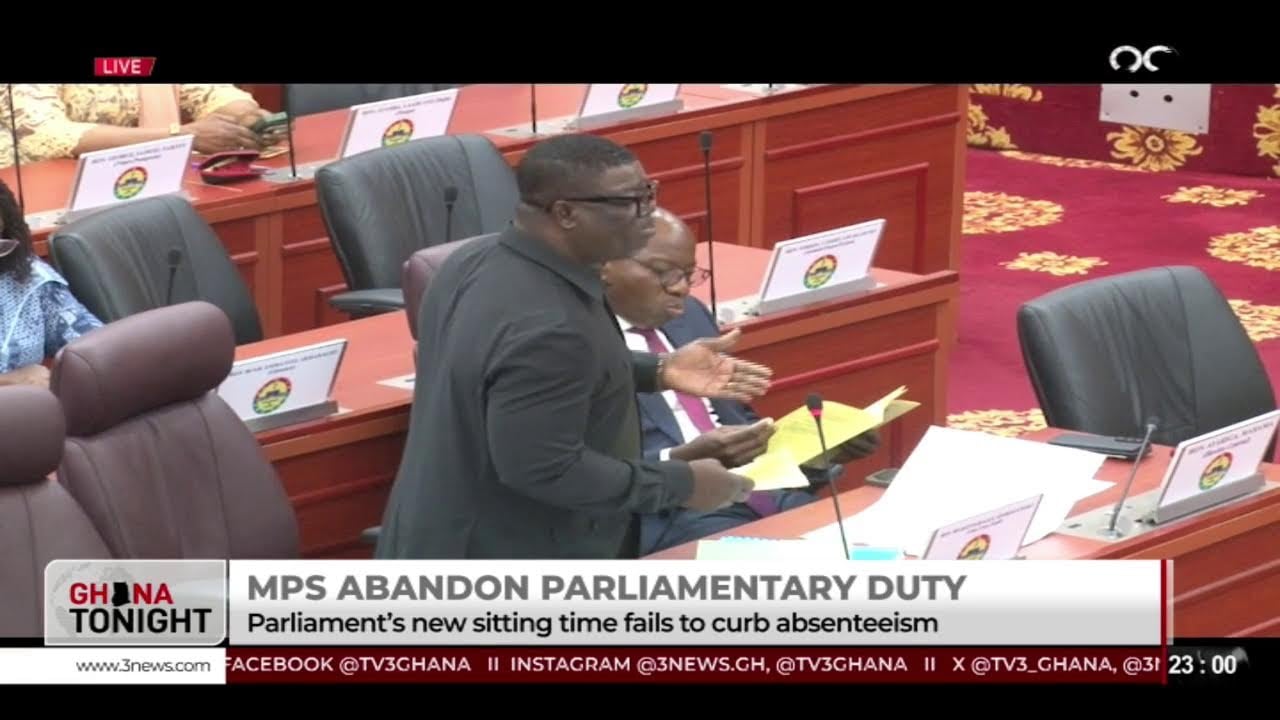

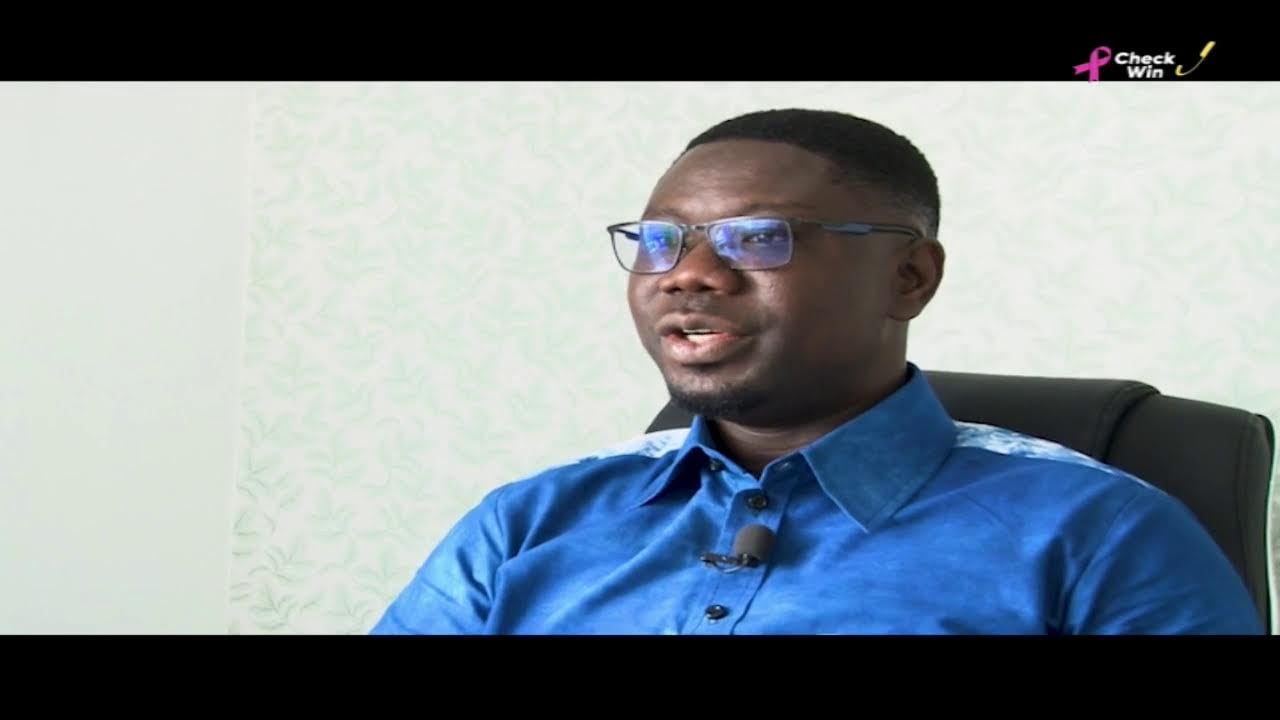




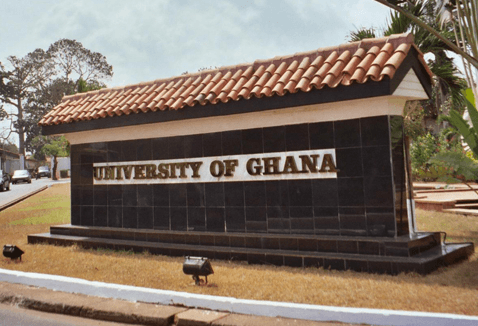








Facebook
Twitter
Pinterest
Instagram
Google+
YouTube
LinkedIn
RSS